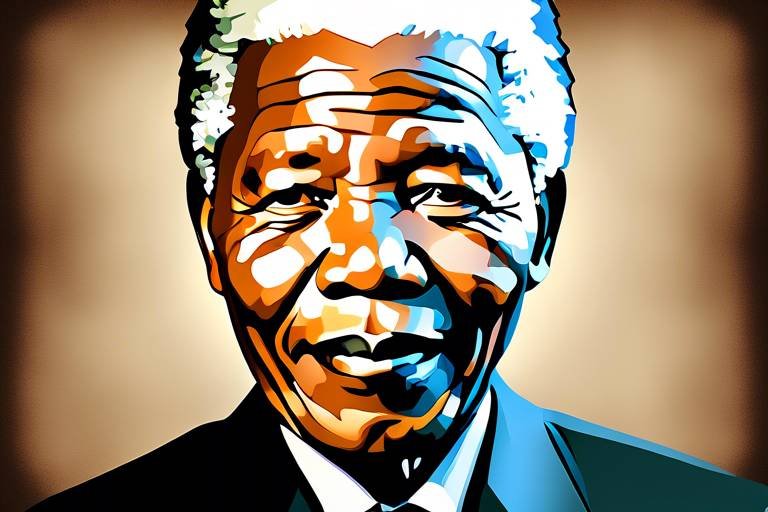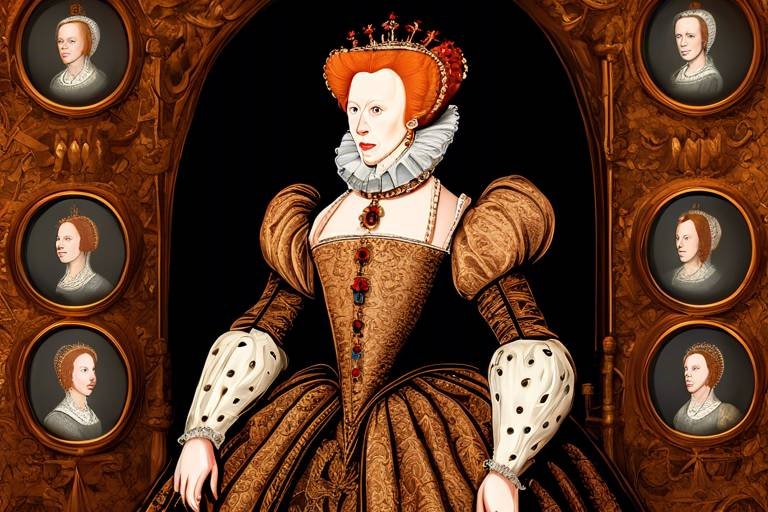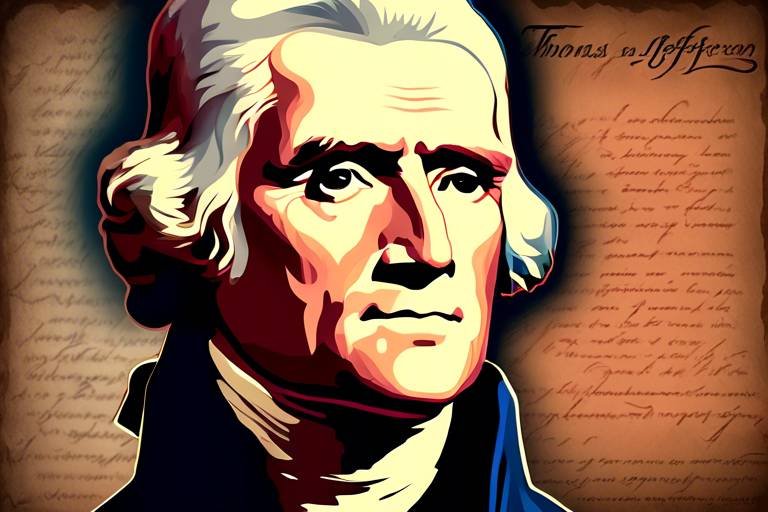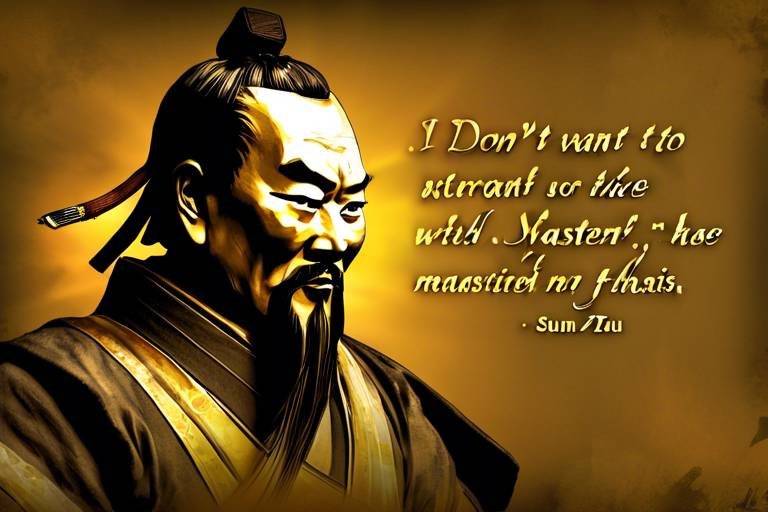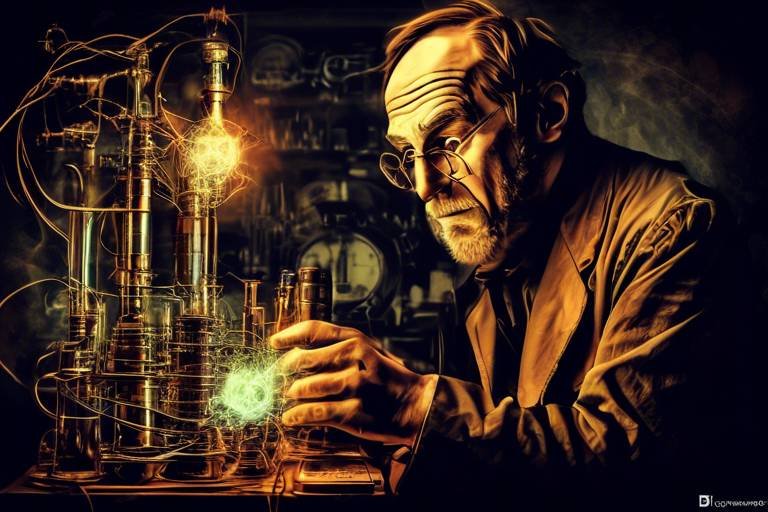Nelson Mandela: A Leader for Freedom
Nelson Mandela, a name that resonates with courage, resilience, and unwavering dedication to the cause of freedom. His life story is a testament to the power of perseverance and the impact one individual can have on shaping the course of history. Born in the tumultuous era of apartheid, Mandela emerged as a prominent figure in the fight against racial segregation in South Africa, becoming a beacon of hope for millions around the world.
From his humble beginnings in a small village to his years of imprisonment on Robben Island, Mandela's journey is one of struggle and triumph. His early activism and education laid the foundation for his future role as a leader in the anti-apartheid movement, where he would become a driving force for change and equality.
As a key figure in the African National Congress, Mandela led the charge against the oppressive apartheid regime, facing arrest, trial, and ultimately, a 27-year imprisonment that would only strengthen his resolve. The Rivonia Trial, where he famously declared, "I am prepared to die," showcased his unwavering commitment to the cause of freedom and justice.
Upon his release from prison in 1990, Mandela embarked on a path of reconciliation and negotiation, leading to the end of apartheid and his historic election as the first black president of South Africa in 1994. His presidency marked a new era of democracy and unity, setting an example for leaders worldwide.
But Mandela's impact extended far beyond the borders of South Africa. His efforts towards reconciliation, truth, and forgiveness inspired a global movement for human rights and social justice. His receipt of the Nobel Peace Prize in 1993 further solidified his status as a symbol of peace and unity.
Today, Mandela's legacy lives on in the hearts of those who continue to fight for freedom and equality. His words, "It always seems impossible until it's done," serve as a reminder of the power of perseverance and the enduring spirit of hope.
- What were Nelson Mandela's major contributions to the anti-apartheid movement?
- How did Nelson Mandela's time in prison impact his leadership style?
- What was the significance of Nelson Mandela's presidency in South Africa?
- How did Nelson Mandela promote reconciliation and forgiveness in post-apartheid South Africa?
- What global initiatives did Nelson Mandela champion for human rights and social justice?
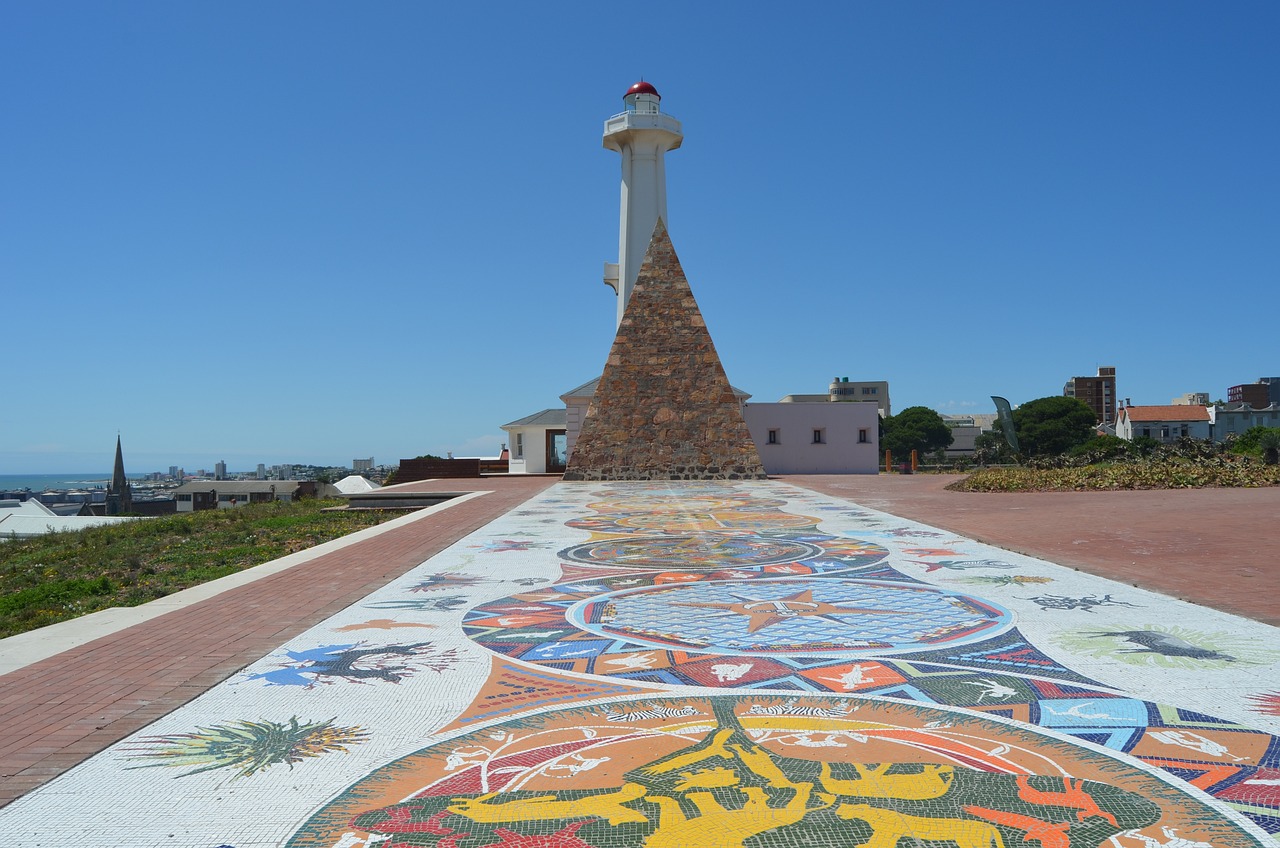
Early Life and Education
Exploring the life and legacy of Nelson Mandela, a prominent figure in the fight against apartheid in South Africa and a symbol of peace, justice, and equality worldwide.
During his early years, Nelson Mandela was born in 1918 into the Thembu royal family in a small village in the Eastern Cape of South Africa. His given name, Rolihlahla, meant "troublemaker," foreshadowing his future as a revolutionary leader. Mandela's education began at a local missionary school, where he was given the English name "Nelson." This early exposure to Western education played a crucial role in shaping his worldview and fueling his passion for justice.

Anti-Apartheid Activism
Exploring Nelson Mandela's anti-apartheid activism provides a profound insight into his unwavering commitment to justice and equality. Mandela's journey in the fight against apartheid was marked by courage, resilience, and a steadfast dedication to the cause. His involvement in the African National Congress (ANC) played a pivotal role in mobilizing resistance against the oppressive apartheid regime in South Africa.
As a prominent leader within the ANC, Mandela advocated for nonviolent protests, civil disobedience, and international sanctions to pressure the government to end apartheid. His strategic approach to activism and his ability to inspire others to join the movement were instrumental in gaining global support for the anti-apartheid cause.
Mandela's decision to embrace armed struggle as a last resort, following the Sharpeville Massacre in 1960, reflected his unwavering commitment to achieving freedom and equality for all South Africans. Despite facing intense government crackdowns and persecution, Mandela remained steadfast in his pursuit of justice, becoming a symbol of hope for millions who suffered under apartheid's brutal policies.
The Rivonia Trial in 1964, where Mandela and his co-accused were charged with sabotage and conspiracy to overthrow the government, showcased Mandela's resilience and unwavering dedication to his principles. His famous speech during the trial, where he declared, "I am prepared to die," encapsulated his unwavering commitment to the anti-apartheid struggle and inspired generations of activists.
Following his imprisonment on Robben Island, Mandela's spirit remained unbroken as he continued to advocate for the rights of all South Africans. His 27 years behind bars only served to strengthen his resolve and solidify his position as a beacon of hope for those fighting against injustice.
Mandela's release from prison in 1990 marked a turning point in South Africa's history, leading to negotiations that ultimately ended apartheid and paved the way for democratic elections. Mandela's leadership during this critical period was characterized by his commitment to reconciliation and building a united, non-racial South Africa.
Through his anti-apartheid activism, Nelson Mandela not only transformed South Africa but also inspired a global movement for justice and equality. His legacy serves as a reminder of the power of perseverance, courage, and unwavering dedication to the pursuit of a more just and equitable world.

Rivonia Trial and Imprisonment
During the Rivonia Trial in 1964, Nelson Mandela and several other anti-apartheid activists were accused of sabotage and conspiracy to overthrow the government. The trial was a pivotal moment in Mandela's life, as he delivered a powerful speech in court that emphasized his commitment to equality and justice for all South Africans. Despite facing the possibility of the death penalty, Mandela remained resolute in his beliefs and refused to back down from his principles.
The Rivonia Trial ultimately led to Mandela's imprisonment on Robben Island, where he spent 27 years behind bars. Despite the harsh conditions and isolation, Mandela continued to be a symbol of hope and resistance for the oppressed people of South Africa. His time in prison only strengthened his resolve and solidified his reputation as a leader willing to sacrifice his freedom for the greater good.
While in prison, Mandela's influence continued to grow, both within South Africa and on the international stage. His imprisonment became a rallying cry for the anti-apartheid movement, inspiring people around the world to join the fight against injustice and oppression. Mandela's resilience and unwavering commitment to his cause turned him into a global symbol of resistance and courage.
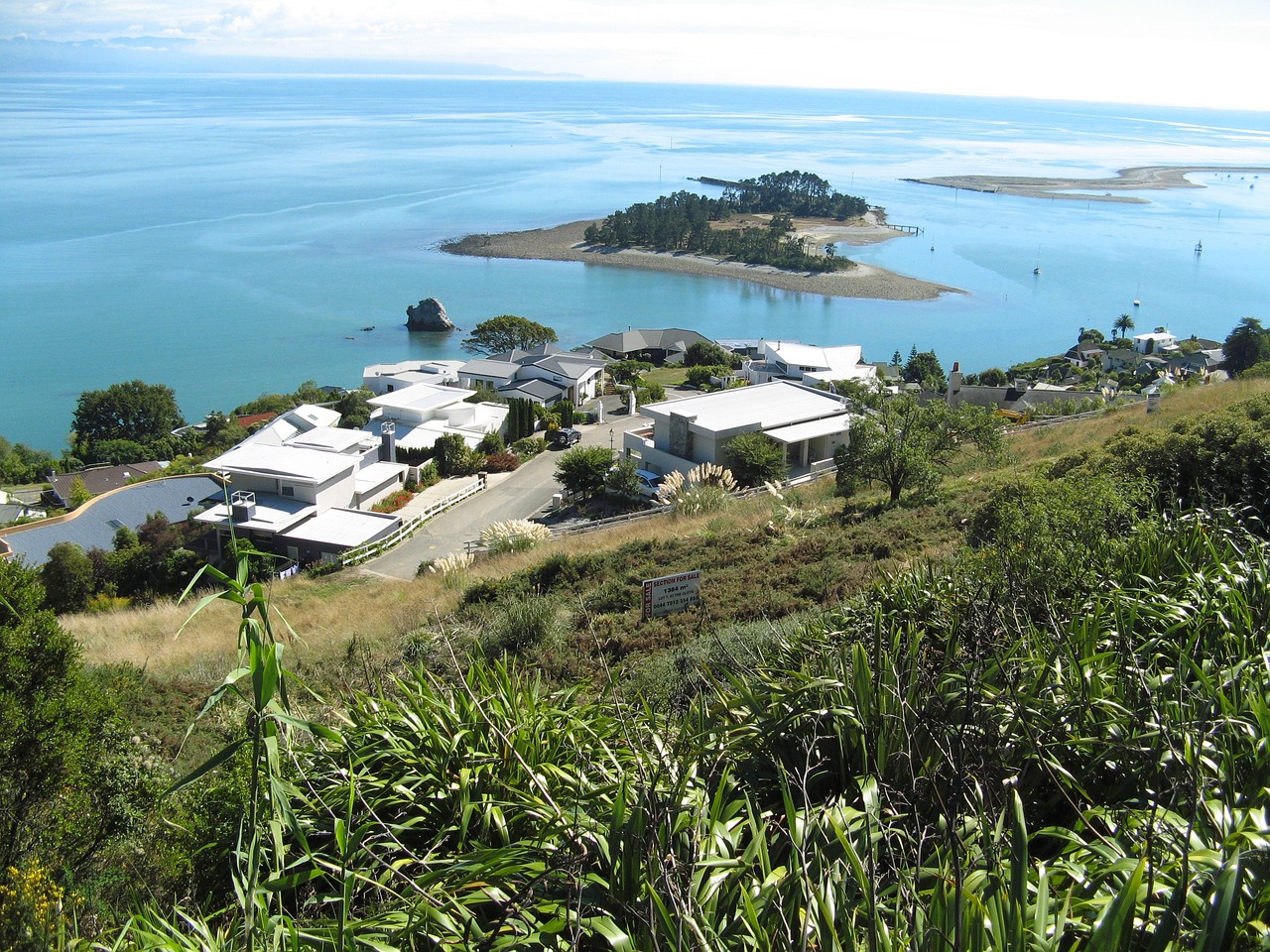
Release and Presidency
After 27 years of imprisonment, Nelson Mandela was finally released on February 11, 1990, marking a pivotal moment not only in his life but also in the history of South Africa. His release was a beacon of hope for the nation, signaling the beginning of a new era of democracy and reconciliation. Mandela emerged from prison with a steadfast determination to continue his fight for freedom and equality, despite the hardships he had endured.
Following his release, Mandela played a crucial role in the negotiations to end apartheid and transition South Africa into a democratic state. His leadership and vision for a united and inclusive nation were instrumental in bringing about significant political changes. In 1994, Mandela made history by becoming the first black president of South Africa, winning the country's first multiracial elections with an overwhelming majority.
As president, Mandela focused on healing the deep wounds of apartheid and promoting national unity. He implemented policies aimed at reconciliation, social justice, and economic development to build a more equitable society. Mandela's presidency was characterized by his commitment to inclusivity and his unwavering belief in the power of forgiveness and dialogue to overcome the legacy of apartheid.

Reconciliation and Legacy
After Nelson Mandela's release from prison in 1990, he embarked on a journey of reconciliation that would define his legacy. Mandela understood the importance of unity and forgiveness in building a new South Africa, one free from the shackles of apartheid. His commitment to reconciliation was exemplified by the establishment of the Truth and Reconciliation Commission (TRC), a platform for victims and perpetrators of human rights abuses to confront the past and move towards healing.
Through the TRC, Mandela promoted a culture of forgiveness and understanding, emphasizing the need to acknowledge past wrongs while looking towards a future of unity and equality. The commission's work not only allowed individuals to share their stories but also aimed to prevent further divisions in society by fostering a sense of shared humanity and collective healing.
Mandela's approach to reconciliation was not only confined to South Africa but resonated globally, inspiring peace-building efforts in conflict-ridden regions around the world. His ability to bridge divides and foster dialogue among opposing factions served as a beacon of hope for those striving for peace and justice in their own communities.
Furthermore, Mandela's legacy as a reconciler continues to influence international diplomacy and conflict resolution, with his principles of forgiveness and inclusivity serving as guiding lights in turbulent times. His unwavering commitment to reconciliation remains a testament to the power of forgiveness in overcoming deep-seated animosities and paving the way for a more harmonious society.

Nobel Peace Prize
Nelson Mandela's receipt of the Nobel Peace Prize in 1993 marked a significant milestone in his journey as a leader for freedom and equality. The prestigious award was a recognition of Mandela's unwavering commitment to peacefully dismantling apartheid and fostering a new era of democracy in South Africa. The Nobel Committee honored Mandela for his tireless efforts in promoting reconciliation, justice, and human rights in a nation torn apart by decades of racial segregation and oppression.
The Nobel Peace Prize not only acknowledged Mandela's personal sacrifices and leadership but also symbolized hope and inspiration for millions around the world. Mandela's acceptance of the award highlighted the power of forgiveness and reconciliation in overcoming deep-rooted divisions and building a more inclusive society. His legacy as a Nobel laureate continues to resonate globally, serving as a beacon of light for those fighting against injustice and discrimination.
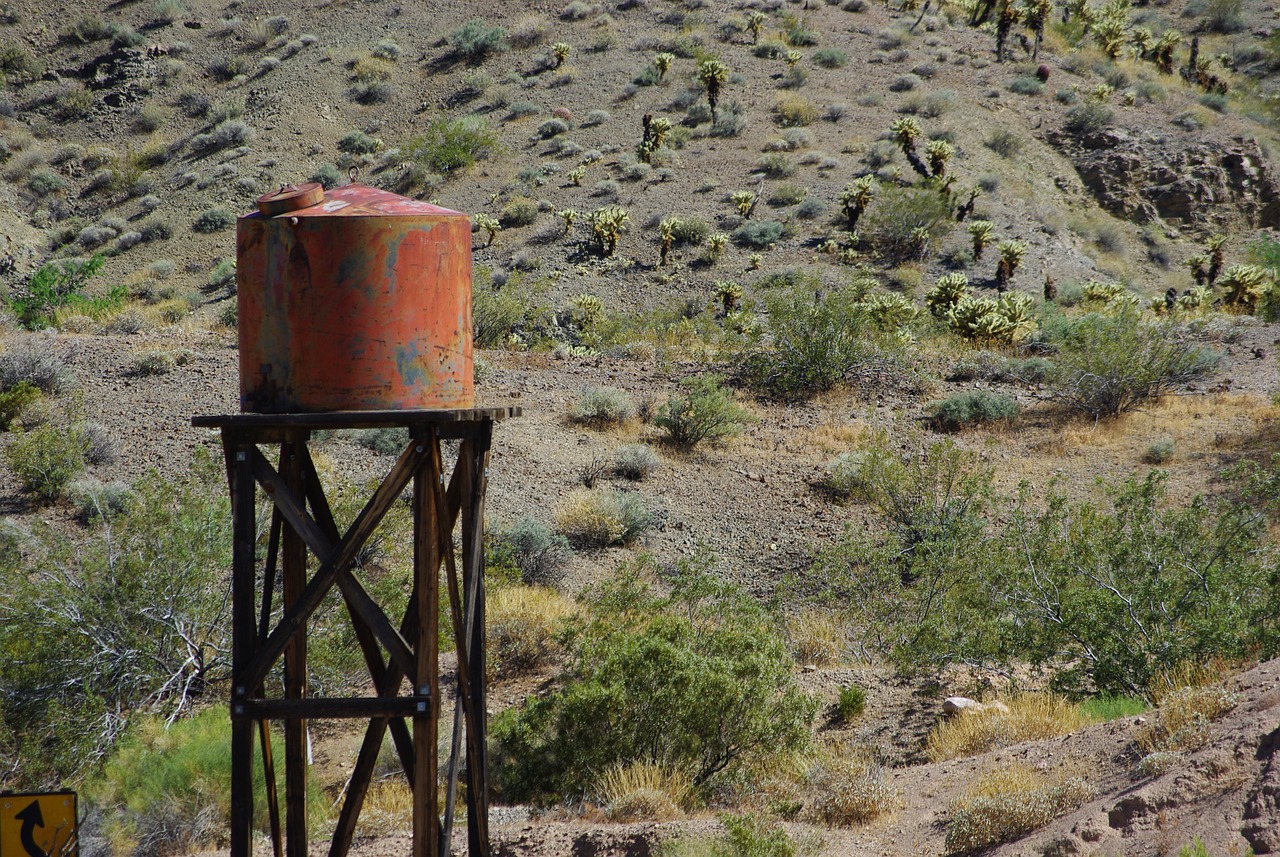
Global Impact and Inspiration
When it comes to global impact and inspiration, Nelson Mandela's influence transcends borders and generations. His unwavering commitment to justice and equality has left an indelible mark on the world stage, inspiring countless individuals and movements to strive for a better future.
Through his leadership in the anti-apartheid movement and subsequent presidency, Mandela not only transformed South Africa but also became a beacon of hope for oppressed peoples everywhere. His message of reconciliation and forgiveness resonates far beyond his homeland, serving as a powerful reminder of the power of forgiveness in the face of adversity.
Mandela's legacy continues to shape the course of history, with his dedication to human rights and social justice serving as a guiding light for activists and leaders around the globe. His tireless efforts to promote peace and understanding have earned him widespread admiration and respect, making him a symbol of resistance and resilience for all who seek to challenge injustice.
As a recipient of the Nobel Peace Prize in 1993, Mandela's impact on the world stage was officially recognized, solidifying his place in history as a champion of freedom and equality. His ability to bridge divides and unite people in the pursuit of a common goal serves as a testament to the enduring power of his vision and values.
Whether through his words, actions, or enduring spirit, Nelson Mandela's legacy serves as a reminder of the potential for positive change in even the most challenging of circumstances. His life story is a testament to the transformative power of perseverance, courage, and compassion, inspiring us all to strive for a more just and equitable world.
Frequently Asked Questions
- Who was Nelson Mandela?
Nelson Mandela was a prominent South African anti-apartheid revolutionary and political leader who served as the country's first black president from 1994 to 1999. He is widely regarded as a symbol of peace, justice, and equality.
- What was Nelson Mandela's role in the fight against apartheid?
Nelson Mandela played a crucial role in the fight against apartheid by leading the African National Congress in its efforts to dismantle the discriminatory system of racial segregation in South Africa. His activism and resilience made him a symbol of resistance.
- How long was Nelson Mandela imprisoned?
Nelson Mandela was imprisoned for 27 years, primarily on Robben Island, for his anti-apartheid activities. His imprisonment further fueled the global campaign for his release and drew attention to the injustices of the apartheid regime.
- What was Nelson Mandela's impact on global human rights movements?
Nelson Mandela's legacy extends beyond South Africa, inspiring human rights movements worldwide. His commitment to reconciliation, forgiveness, and equality continues to influence advocates for social justice and freedom around the globe.
- Why did Nelson Mandela receive the Nobel Peace Prize?
Nelson Mandela was awarded the Nobel Peace Prize in 1993 for his efforts in peacefully ending apartheid and promoting democracy in South Africa. His leadership and vision for a united, inclusive society earned him this prestigious recognition.

